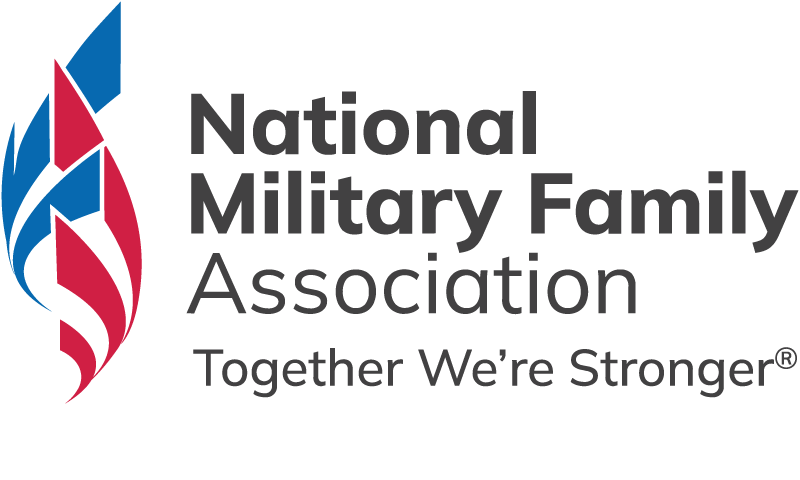Breaking Barriers: A Call to Congress to Expand Fertility Care for Military Families

The National Military Family Association (NMFA) has been a steadfast advocate for improving the quality of life for military families, working tirelessly to ensure they receive the benefits they have earned through their service and sacrifice. One of the key areas in which NMFA continues to push for reform is expanding access to Assisted Reproductive Technology (ART) for military families. NMFA, alongside other Military and Veteran Service Organizations, has drafted a letter to Congress urging the expansion of ART coverage under TRICARE to align with civilian healthcare plans without requiring additional service commitments.
Background
Currently, TRICARE covers ART only in limited cases, such as for service members with service-connected infertility. However, civilian healthcare plans, including the Federal Employee Health Benefit (FEHB) Program, are moving forward with broader ART coverage. Starting in 2025, FEHB will offer comprehensive fertility benefits, including in vitro fertilization (IVF), to all enrollees. This coverage will also be available to members of Congress and their staff, but military families are notably excluded from similar benefits under TRICARE.
Both the House and Senate versions of the 2025 National Defense Authorization Act (NDAA) include provisions that would expand ART coverage to active-duty service members and their spouses. However, the Senate version (Section 627) includes a troubling provision that would require an additional four-year service commitment in exchange for access to ART—a requirement not imposed on any other military healthcare benefit.
NMFA calls on Congress to expand access to ART for military families, ensuring that it is not tied to an additional service commitment. Service members and their families already earn their health care benefits through the sacrifices they make for our nation, and no other military health benefit imposes such a requirement. Introducing this precedent would be not only unfair but also detrimental to the morale and retention of the force.
TRICARE Should Evolve to Meet Modern Standards
TRICARE is supposed to provide “top-notch, world-class healthcare” to service members and their families, yet in terms of reproductive health care, it lags behind civilian plans. NMFA believes that TRICARE policies must evolve to address new medical technologies and treatment protocols, aligning with the standards set by top commercial plans. Military families deserve access to comprehensive ART coverage without having to make additional contingencies—a demand that is not placed on civilian employees, including members of Congress.
As military families often face unique challenges when it comes to starting or expanding their families, access to reproductive health care is not just a medical issue but a crucial component of family readiness and retention of the force. The ability to build a family should not be compromised by additional service requirements or out-of-pocket expenses for treatments that will be covered for other federal employees.
Fair and Equitable Access for All Military Families
1. ART is Essential, and TRICARE Should Cover It
NMFA strongly supports the inclusion of ART provisions in the 2025 NDAA. As federal civilian employees, members of Congress, and their staff members gain access to ART benefits starting in 2025, it is only fair that military families also receive the same level of care. Fertility challenges are not unique to the civilian population, and military families should not be forced to bear the financial burden of fertility treatments out-of-pocket. Ensuring access to ART is an essential step toward supporting military families in their efforts to build the lives they deserve.
2. Healthcare Should Not Be Contingent on Additional Service Commitment
NMFA firmly believes that healthcare is an earned benefit for military families. Tying reproductive health care to additional service obligations sets a dangerous precedent, one that has never been applied to other military health benefits. Military families should not be forced to trade years of service for the essential care they need to grow their families.
3. Retirees Should Be Included in Future ART Provisions
While the current NDAA proposals focus on active-duty families, NMFA urges Congress to consider expanding ART coverage to military retirees in future iterations as well. Many retirees are in their late thirties or early forties, having delayed starting families due to the demands of their military careers. The military health benefit should be consistent and uniform across all categories of beneficiaries, ensuring that all who have served and their families have access to essential reproductive health care.
NMFA appreciates Congress’ recognition of the challenges many military families face in building their families, as evidenced by the inclusion of ART provisions in the NDAA. However, it is vital that these provisions are implemented fairly, without imposing additional service commitments, and that ART coverage is eventually extended to all TRICARE beneficiaries, including retirees. Military families have earned the right to healthcare that is on par with what is available to civilian federal employees, members of Congress, and their staff. NMFA will continue to advocate for policies that support the health and well-being of service members and their families, ensuring that they receive the benefits they deserve.
“Expanding access to ART is not just a matter of health care; it’s a matter of fairness, family readiness, and respect for the sacrifices made by our military families,” said NMFA CEO Besa Pinchotti. “We urge Congress to act by ensuring military families will have the same opportunities to build their families as their civilian counterparts.”





